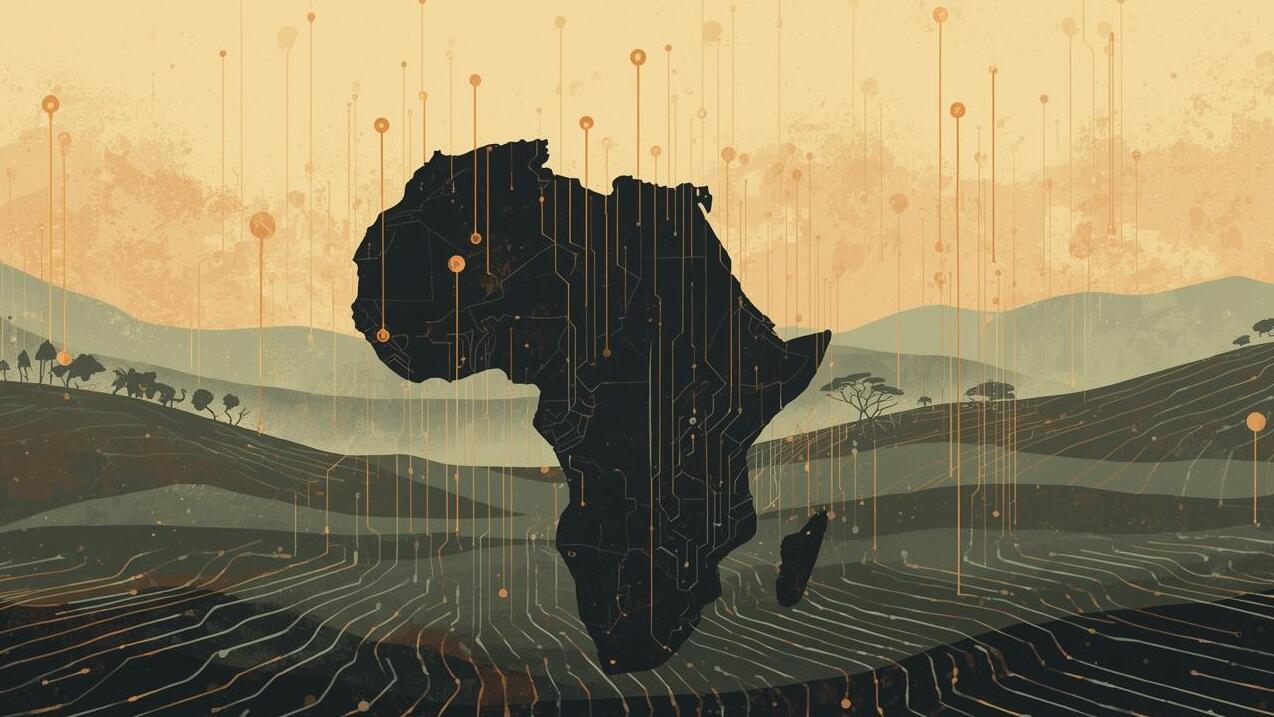
“Irina” in Charlotte: When murder reveals the cracks in consciences
On September 8, 2025, Irina Zarutska, a Ukrainian refugee, was stabbed on a tram in Charlotte, USA. A crime caught on camera, a brutal act, a life cut short for no reason. The case irritates , shocks, and raises questions: what do progressive elites do when violence strikes indiscriminately? And what about in African societies, where racism exists in other, more insidious forms?
The brutal face of indifference
Irina is attacked by a man diagnosed with schizophrenia, known to the services.
The scene is filmed. No voice to plead, no protection for the victim.
The authorities, the media, intellectuals: everyone seems to be caught between public outrage and political inertia. There are calls for compassion, demands for reform. But the many renunciations are not commensurate with the pain, not commensurate with the problem.
Progressive Elites: Fuses or Accomplices?
The scandal reveals a failure of political imagination: how can we really react when the victims do not fit into the "right narratives"?
When color, origin or social status do not fit with what the elites want to see.
When Irina is Ukrainian, a refugee, living in a host country, it sparks a debate: mental health, judicial laxity, urban fear. But less so on structural responsibility, surveillance, intervention, support for the most vulnerable.
Africa in the Mirror: Racism, Invisibility, Silent Wounds
In Africa, racism doesn't always manifest itself in a stab at a tram. It survives in the eyes, in the job hierarchy, in the exclusion of internal minorities, in the preference for what emanates from the West.
-
A young African with humble roots: his suffering often doesn't make the headlines.
-
Color, ethnicity, mother tongue: so many markers that isolate and confine.
-
Political or cultural elites: sometimes complicit, when they turn a blind eye to discrimination, favoritism, archaism, under the cover of traditions, stability, of "we are all brothers."
Structural racism and moral emergency
The Irina case shows this: it is not enough to denounce an act. We must change the system that allows vulnerability: lack of care, indifference, lack of real protection.
In Africa, this means recognizing visible and invisible minorities, guaranteeing de facto equality of access to education, health, and justice. This means that elites do not just talk about tolerance, but act on the ground.
Why this silence is also a crime
Because ignoring racism or injustice is perpetuating it.
Because acting only when the media spectacle demands it is to deny the dignity of lives that don't make the headlines.
Because progress cannot be the preserve of an elitist club : it must affect all faces, all colors.



Leave a comment
This site is protected by hCaptcha and the hCaptcha Privacy Policy and Terms of Service apply.